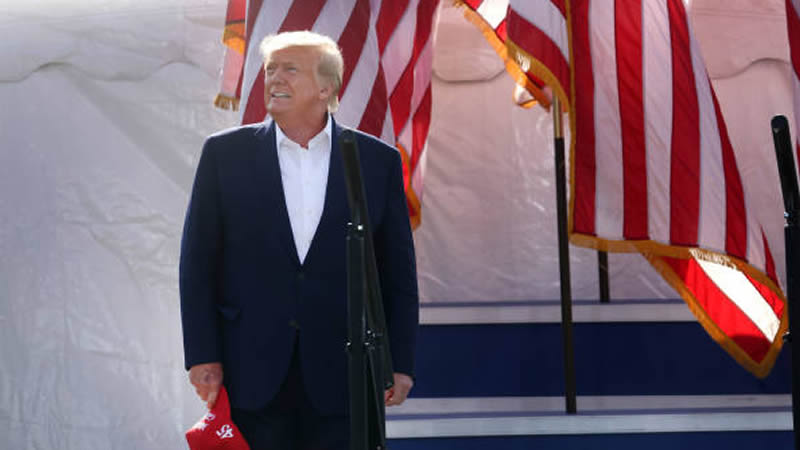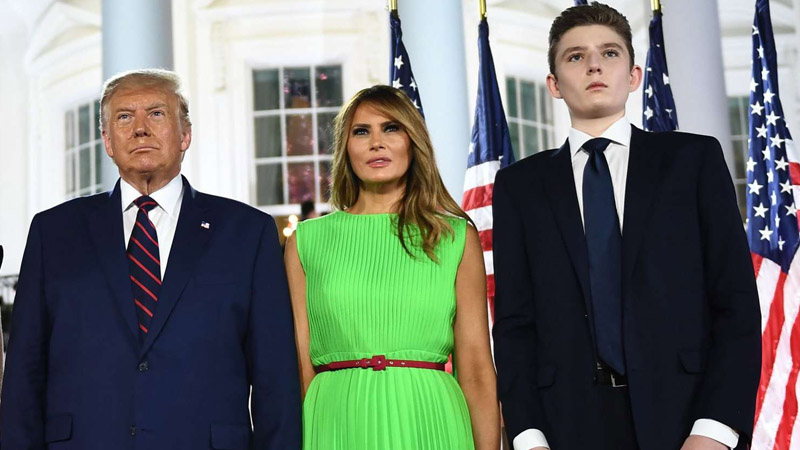Trump’s New Hampshire Primary Win Overshadowed by Looming Legal Battles and Potential Major Judgments

(image credit: Getty Images)
Former President Donald Trump, recently celebrating his triumph in the New Hampshire primary over his primary competitor for the 2024 presidential nomination, may find his victory short-lived, according to Greg Walters in a piece for Vice. Despite his electoral success, Trump faces significant legal challenges that could overshadow his political achievements.
Currently, Trump is contending with four criminal indictments at both the federal and state levels. Although these trials are not set to begin immediately, there are two major civil cases rapidly approaching resolution, carrying substantial consequences for him.
Walters highlights that Trump is on the verge of discovering the financial repercussions of a defamation lawsuit filed by writer E. Jean Carroll. This lawsuit stems from Trump’s dismissive responses to Carroll’s allegations of sexual assault in a Manhattan department store many years ago. Additionally, Trump is soon to learn the outcome of a comprehensive civil fraud case presented by the New York Attorney General’s office.
This case accuses Trump and his family business of manipulating property valuations for financial gain. The Attorney General is seeking hefty fines amounting to $370 million and advocating for the dissolution of the Trump Organization in New York. These impending legal decisions, as Walters points out, suggest that Trump is about to face a significant legal impact, which he describes as a “double-bang of explosive legal judgments.”
The potential fallout from these cases extends beyond the financial aspect. Trump risks embarrassing confrontations, particularly in the Carroll trial presided over by Judge Lewis Kaplan. If Trump, while testifying, fails to adhere to the judge’s guidelines on permissible testimony, he may provoke a confrontation with Kaplan, who is known for strict enforcement of court rules and has a notable history with contempt cases.
Such an occurrence could be particularly detrimental for Trump. Similarly, in the fraud trial overseen by Judge Arthur Engoron, Trump and his legal team have already faced challenges, including fines levied against the former president.
Walters notes that Trump has historically used his legal entanglements to garner support from the Republican base, framing himself as a victim of unfair persecution. This strategy has been more effective in political campaigns than in legal settings, as evidenced by his recent victory in New Hampshire. However, the upcoming legal decisions may present a stark contrast to his political successes and serve as a reminder of the serious legal challenges he faces.


